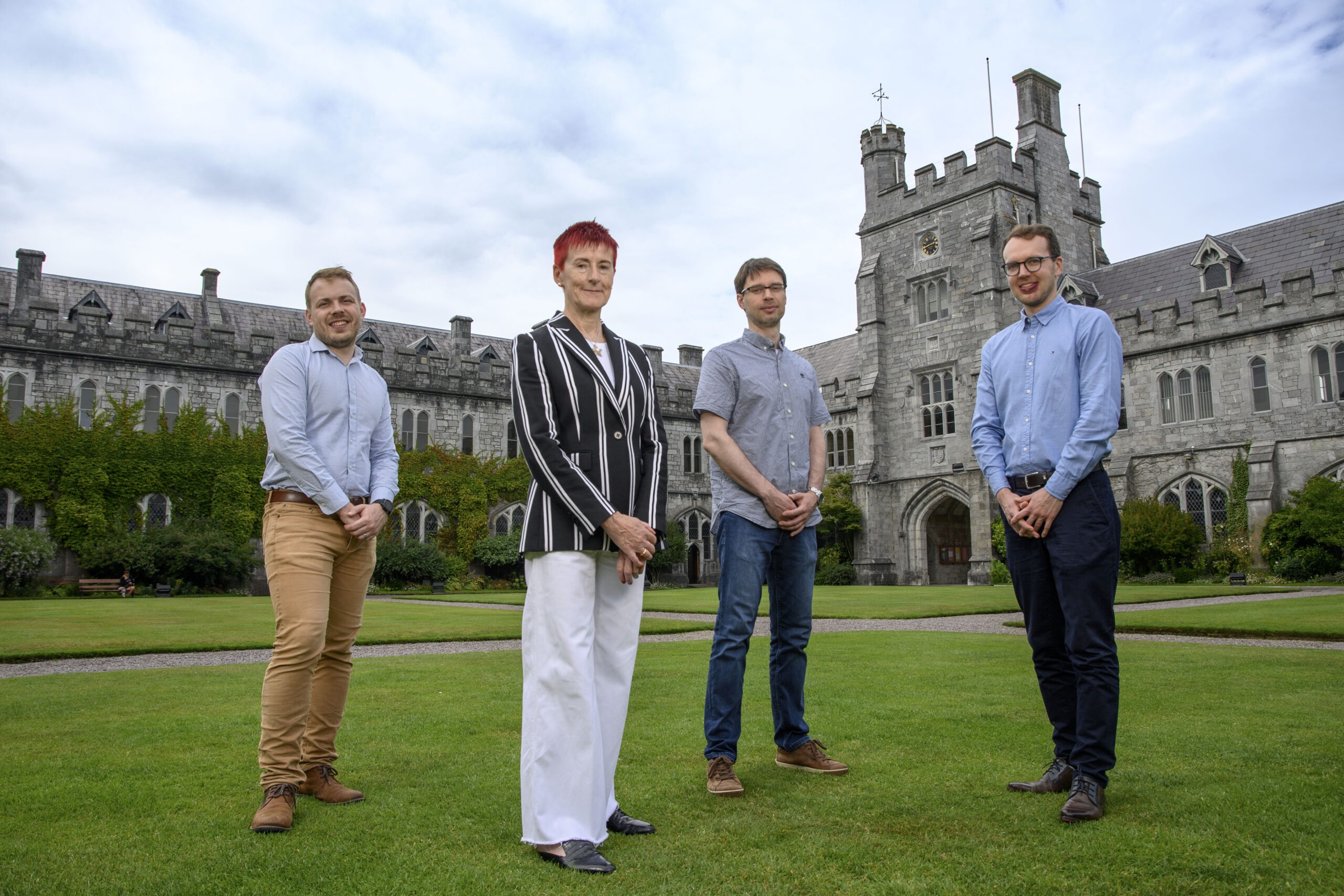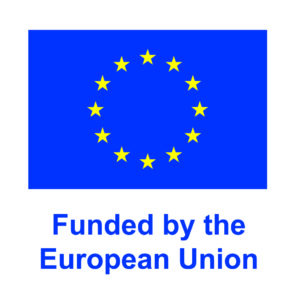An innovative EU-funded research project to change the treatment paradigm for Crohn’s Disease patients with a new RNA-based advanced therapy
The global vaccination rollout for COVID-19 proved just how effective RNA therapeutics really are. But why stop there? GENEGUT, a four-year research project funded by Horizon Europe, is to develop the first oral RNA-based therapy for ileal Crohn’s Disease (CD) – a chronic inflammatory disease of the intestine where current treatment options are limited. The Research and Innovation action is set to start on 1st October 2022 with the long-term vision to develop a first in class gene therapy to improve the quality of life for millions of Crohn’s disease sufferers.
The European Commission recently selected the GENEGUT research and innovation action for funding as one out of 84 submitted project proposals. Led by the School of Pharmacy and APC Microbiome Ireland SFI Research Centre at University College Cork (UCC), the project aims to transfer the revolutionary RNA technology to treat ileal Crohn’s Disease – a potential game-changer.
Crohn’s disease (CD), one of the two major disorders under the umbrella term of IBD (Inflammatory Bowel Disease), is a highly prevalent and high-burden chronic inflammatory condition of the gastrointestinal tract (GIT). With up to 3 million people affected in Europe alone, the chronic disease has an accelerating incidence – leading to health costs of over 5 billion euros per year[i]. Due to its early onset and fluctuating disease course, CD drastically impacts the quality of life of affected patients – and that of their families, friends, and caregivers. Most significantly, however, there is no satisfactory treatment. Despite advances in new immune modulators and biological treatment, up to three in ten patients become non-responders, highlighting the pressing need for novel, advanced therapies.
Funded with 5.4 million euros, and over the course of four years, GENEGUT’s aim to develop a non-invasive, safe, effective, and targeted treatment will be realised in the form of a first-in-class, orally administered RNA-based therapy. This breakthrough RNA therapy will be developed using complementary technologies that selectively target immunomodulatory pathways within inflamed intestinal cells that reside in specific regions of the small intestine. The delivery of RNA will be enabled by a combination approach where novel biomaterials, designed to overcome the barriers in the gastrointestinal tract, are synthesized into nanoparticles (NP) which encapsulate the RNA. Using an industry partner’s emergent capsule platform technology, the RNA is orally administered and locally tackles the inflammation in the intestinal tissue, avoiding systemic side effects.
As a pre-clinical study, GENEGUT will be the first, potentially revolutionary step towards delivering an advanced form of treatment that more than 3 million patients in Europe alone could benefit from. For these patients, this would be the first option to finally manage the chronic disease and lead a life of improved quality.
“The multidisciplinary team in GENEGUT will pioneer the development of the next generation of therapeutics for the treatment of Crohn’s Disease by producing a patient friendly orally administered RNA medicine. The project will span the pre-clinical to clinical space thus accelerating the clinical translation of orally available RNA therapeutics and ensuring early access of life-altering medicines for the patient.”
Caitriona O'Driscoll, Project Coordinator
The expertise required to achieve this ambitious aim is as diverse as the nine partners from eight European countries that will collaborate in GENEGUT. Through a patient-centred approach, the project, coordinated by the School of Pharmacy of University College Cork, brings together the European Federation of Crohn’s & Ulcerative Colitis Associations with renowned researchers, expert clinical scientists, SMEs and large pharma companies with expertise and patented technologies in global proteomics, nanotechnologies, cyclodextrin synthesis, multicellular models, drug delivery systems and production as well as innovation management, stakeholder involvement and science communication.


